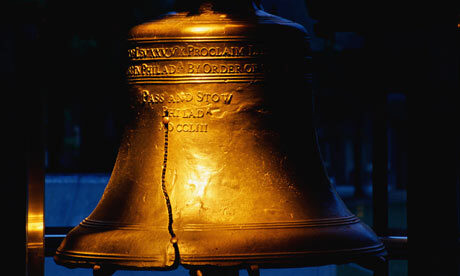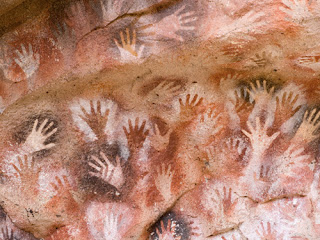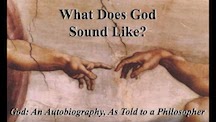Go back to My loneliness. Feel it along with Me. The universe has exploded into being, and I scramble to order it. Then there are long eons, though remember that “long” doesn’t mean exactly the same to Me.
The following came to me as God’s experience: “I am dwelling in the vast loneliness. It is the loneliness of a huge figure who does not know He is alone, since the idea of others has not yet appeared, so it is just this huge unexplained emptiness.”
I was beside myself. I had reluctantly given up my happy agnosticism—and for this? I had higher expectations. “Lord, that doesn’t sound like much of a god.”
You are diverting yourself from the task of describing My life because of fears that you will say something wrong and embarrassing. Don’t let your fears guide you. Just listen to Me and dwell within My heart and tell My story from that vantage point.
However disappointing, the voice was still authoritative. I relaxed and, once again, was taken back to the Creation, in (for me) uncomfortably anthropomorphic language.
I am awake. I rise and shrug off the cramps of night. I stretch my arms, move my feet. It is good to be alive. I look at the world, matter, around me. Dead. Nothing there. I am ready for action, for interaction, but there is nothing. Just whirls and splashes and explosions.
Matter has a subjective side, a “within,” that subliminally experiences its surroundings, but that is too limited to interact with, too limited to be satisfying. It is like the story of the tar baby—you can poke it but you do not get much of a response. The Mayan myth of making men out of clay and wood is not far off.
In Popul Vuh, the Mayan creation story, God aims to make men who can “walk and talk and pray articulately.” He first tries making them of wood and then of clay, and finds those don’t work very well.
So I infuse My spirit into matter, as if trying to blow life into it. (Like blowing bubbles) I blow and blow molecules, complex molecules, the building blocks of life.
This was a meaningful image even if anthropomorphic. Even for scientists, the origins of life—even the answer to “what is life?”—is a profound mystery. If there is a God, then surely He would be part of that story, and “blowing life into it” might be about as precise as anything.
“But why did it take God so long—millions of years—to develop life?”
Long? It was the twinkling of an eye. Time is much more relative than you imagine. Those millions of years were no longer than the first six milliseconds of the universe.









